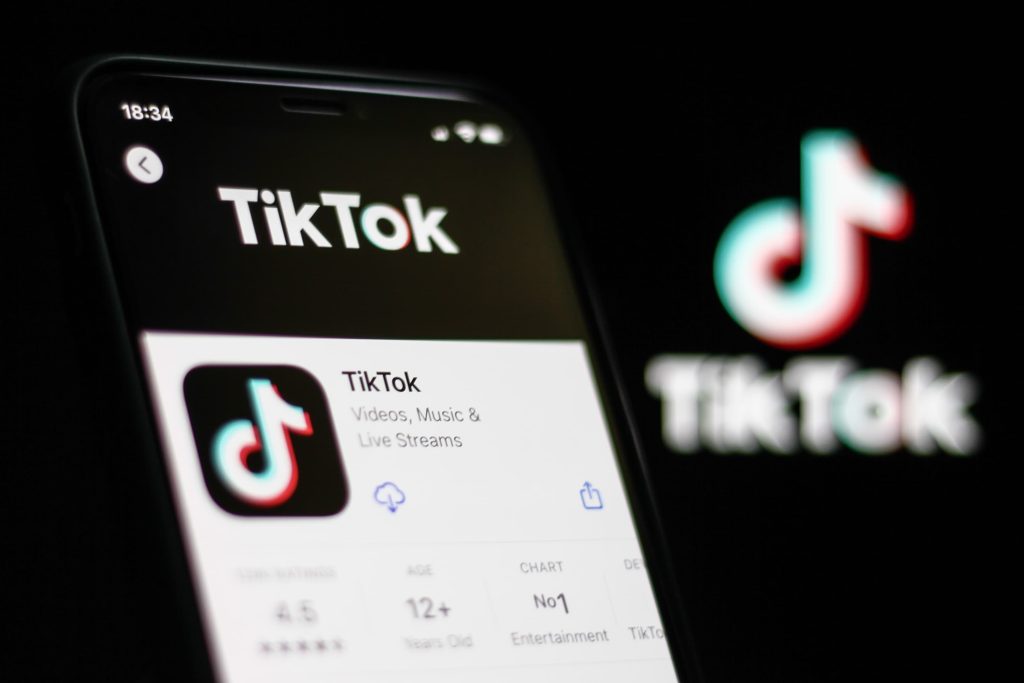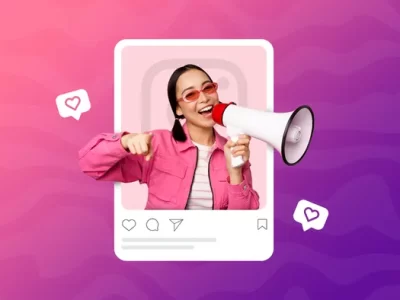When people post their videos to TikTok, algorithms can read posts as people are replying to videos and recommend similar videos through notifications to people around the world. Did you ever wonder how tiktok reads your mind and recommends videos without tracking other social media and what are the ways to stop tiktok from collecting my information? Here is a list of a few of TikToks many secrets that you should know.
Can TikTok hear your thoughts?
Some people believe that TikTok can read your thoughts based on the recommendations it makes. However, there is no evidence to support this claim. TikTok’s algorithm is designed to suggest content that is popular and relevant to the user. It is not possible for TikTok to read minds.
The app has a recommendation algorithm that suggests videos to users based on their interests and this made people think “how tiktok reads your mind”. This algorithm uses data from a variety of sources, including the user’s behavior on TikTok and other apps, to make recommendations.

How TikTok reads your mind? (TikTok Recommendation Algorithm)
TikTok uses a variety of data points to recommend content to its users. TikTok app looks at factors such as the user’s location, what type of content they’ve engaged with in the past, and even how long they spend on each video.
But perhaps the most important factor in TikTok’s recommendation algorithm is the user’s behavior. The app is constantly monitoring what videos users watch, how long they watch them for, and whether they comment, share, or like them. Based on this data, TikTok is able to make pretty accurate predictions about what sorts of videos each user will want to see.
Of course, not everyone wants to see the same thing on TikTok. That’s why the app also gives users the ability to fine-tune their recommendations. In the “For You” tab, there’s a little gear icon that lets users choose which topics they want to see more (or less) of.
So if you find yourself wondering how tiktok reads your mind why it always knows exactly what you want to watch, now you know!
Is TikTok really taking your information?
The short answer is yes, TikTok really is taking your information. The app has been downloaded more than 2 billion times and is owned by Chinese company ByteDance. It’s no surprise, then, that the app has been accused of Collecting user data without their knowledge or consent and sharing it with the Chinese government.
If you’re concerned about your privacy on TikTok, you’re not alone. Here’s what you need to know about how TikTok collects and uses your data and these data is some how the answer to how tiktok reads your mind.
The Data TikTok collects
When you sign up for TikTok, you’re asked to give the app access to your camera and microphone so that you can create videos. But TikTok also requests access to your location, contacts, and storage. Once you’ve granted access, TikTok can collect a wide range of data from your device, including your browsing history and the content of your conversations.
TikTok also tracks your interactions with other users on the platform, such as the videos you watch and the people you follow. This information is used to personalize the content you see in your feed and to target ads at you.
In addition to collecting data from users’ devices, TikTok also relies on artificial intelligence (AI) to recommend videos and ads that are tailored to each individual user, and some how to read your minds. This means that TikTok is constantly learning more about you as you use the app.
So yes, TikTok really is taking your information. But it’s not just collecting data for the sake of it – the platform uses this information to personalize your experience and target ads at you. If you’re concerned about your privacy on TikTok, you can adjust your settings to limit the amount of data that the app can collect. Now that you know how tiktok reads your mind, you might be interested in stopping tiktok from taking your information. So keep reading.

How do I stop TikTok from taking my information?
So, how do you stop TikTok from collecting your data? Unfortunately, there is no way to completely stop the app from collecting data on you. However, there are some things you can do to limit the amount of data TikTok has on you.
First, make sure you’re only sharing information that you’re comfortable with sharing. If you’re not comfortable with sharing your location or other personal information, then don’t enable those features in the app.
Second, be mindful of what you click on while using the app. If you see a video that looks interesting but doesn’t have much information about it, consider skipping it. The more clicks TikTok gets on a certain video, the more data it will have about that video and its viewers.
Lastly, keep in mind that TikTok is a free app. If you’re not comfortable with it collecting any data on you, then you may want to consider switching to a paid app that doesn’t collect data or one that gives you more control over your data.
By the way the guide: “Facebook algorithm” might seem interesting to you since it explain Facebook’s algorithm, as well.
Conclusion
Overall, TikTok’s algorithm is very proficient in analyzing user behavior and providing content that the user will most likely enjoy and that recommendation algorithm is the answer to how tiktok reads your mind. Through a combination of personalization and curation, TikTok is able to keep users engaged for long periods of time. While there are some areas where the algorithm could be improved, such as with the inclusion of more diverse content, TikTok is still one of the most popular social media platforms available today.











